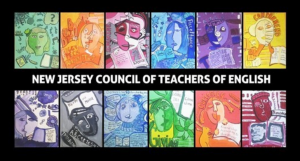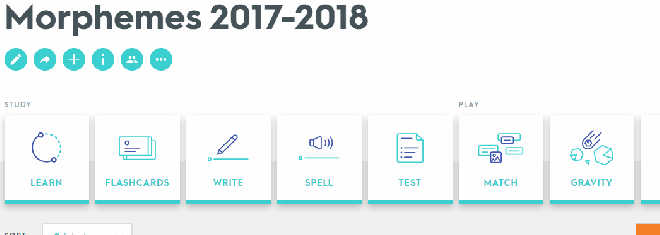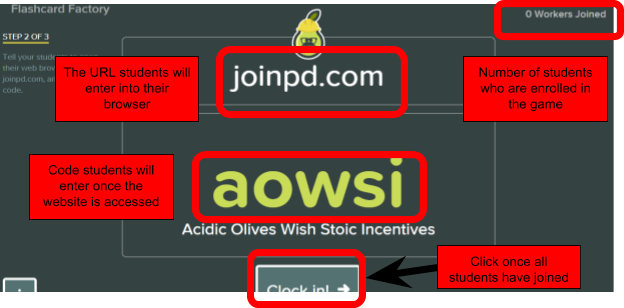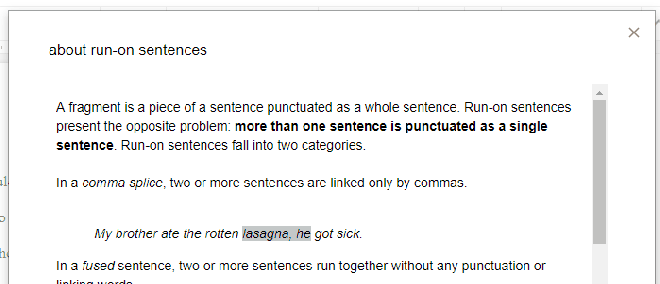June 12, 2018
Dear Doc,
What should I do if a parent or other member of the community objects to a book I am teaching?
Sincerely,
An Inquiring Educator Feeling Challenged
Dear Challenged,
Ah, objecting to books is a surprisingly common dilemma! Many teachers assume challenges to books happen somewhere in a dark and dismal place far, far away; but they are more frequent than you might think, even in what we assume are progressive areas to live and work. The prevalence of challenges led me to teach a whole segment on censorship in my literacy education college courses at the undergraduate and graduate levels.
To prepare for a challenge, I would first advise you to check your school policy manual for guidance. I served two terms on a board of education and was on the committee that revised an older manual, which had a policy on challenges to classroom and library books. I suggested that in the revised manual, we include challenges to pedagogy too, since that happens as well.
My guess is that your school policy manual will contain a policy with procedures to follow. It is always best to know what has been approved for your school and follow the guidelines. Good policy books will include or tell you where you can locate actual forms (sometimes called “reconsideration” forms) for challengers to use when they object to books, materials, or methods. Often the process of completing the forms will slow down or halt the challenge. Still, viewed in a more positive light, these forms could create an opportunity for genuine dialogue, a chance to listen to what is bothering the challenger. Many times challenges are not based on reason, and discussions fail to be productive. Still, they initiate an opportunity for talking and listening that can be enlightening for both parties, and you can be confident that a democratic process has been followed. Be sure to write a brief report on any meeting you have with a challenger. The report, shared with the challenger, will be useful if he or she persists.
Second, once you familiarize yourself with your school policy, be sure to report the problem to your supervisor to avoid surprises. Parents and community members often like to run the problem up the flag pole and hit school leaders and board members before they even have a conversation with the teacher. Ask for guidance from your administrators. Before you meet with the challenger, I would recommend that you invite a colleague or supervisor sit in on the meeting. A witness is necessary.
Third, and in many ways this recommendation is foundational to all the others, since it addresses what should be done before any challenges occur, and that is to have written rationales for every book in your curriculum. I would also have rationales for pedagogy, since some teaching strategies could seem alien to parents who never experienced them in school. You want to be transparent about the decisions you make for your classroom.
The rationales can be succinct, and there are plenty of models and other resources available from professional organizations like NCTE and the American Library Association. Your school librarian can serve as a knowledgeable resource and partner for you if a challenge ensues.
It is wise to have rationales in place prior to teaching a book or trying a new strategy. Don’t assume that a book is too old or established for controversies. Some of the same books appear on censorship “hit lists” year after year, and they include classics of adult and young adult fiction like Of Mice and Men, Huckleberry Finn, To Kill a Mockingbird, and The Giver. When I was teaching high school, a student objected to reading The Grapes of Wrath on religious grounds. We had a private, honest talk about it, and we resolved her objection, though challenges can persist and defy easy solutions.
In addition to writing rationales, some teachers organize book clubs and other reading-themed events for parents and community members. These activities encourage participants to read, and they give them an opportunity to discuss books students are reading and enjoying. Some of these reading activities could be done online or in person, but I recommend holding at least some of the meetings in person because gatherings of this nature can promote community esprit de corps and support family literacy. Reading clubs or events are especially helpful when you plan to introduce a new book into your curriculum. In fact, you could demonstrate new teaching techniques in the same kind of format. Elementary school teachers have more typically hosted events of this nature, but they could be adapted to middle schools and high schools too.
P-12 teachers might be surprised that challenges to reading could even occur at the college level, though academic freedom is more widely recognized and observed at the post-secondary level. As a college professor, I once received a call from a parent who complained about books his daughter was reading in English courses—too many titles about under-represented groups, especially those addressing LGBTQ issues. We discussed the purpose of the readings and their role in preparing his daughter to teach in a diverse world. We chatted about the role of books as “mirrors and windows,” giving readers insights into themselves and others. I don’t think I convinced him, but we had a civil discussion and the complaint stopped at my desk. No calls to the dean!
Classroom libraries, which I highly recommend to promote independent and small-group reading, can become a concern too. Remember, books and materials that constitute a formal part of your curriculum must be reviewed and approved by the board of education. The books in a classroom library are not necessarily part of the board-approved curriculum, so they pose a greater legal risk for you. Know what is on your shelves, and be prepared with rationales for the titles and an explanation for how you use them. Even if you do not have a rationale for every book in your classroom library, you should be familiar with each book and have a general rationale for maintaining a classroom library so parents and community members understand how you use these books to promote lifelong reading for information and pleasure.
While writing rationales sounds like a lot of work, it could be a great opportunity to meet with colleagues to discuss what you do and why you are doing it. Articulating your professional choices provides an opportunity to reflect on your practice. Try to view the collaborative work positively as a professional experience. Perhaps you could even use time allotted for professional development for this purpose. Invite your administrators to some of these sessions so you keep them in the loop and so they too are prepared to deal with challenges if they occur.
Finally, recognize that you are not alone if you experience a challenge. If you have prepared well for challenges, you should be able to count on the support of your colleagues and school leaders. Furthermore, your professional organizations, like NCTE can help. Remember too, that if your school has well-defined policies and you adhere to them, if the challenge ever went to court, you and your school would win. Courts do not typically intervene in curriculum matters.
I hope this advice helps, and feel free to contact us at NJCTE if you experience a challenge. We are your state NCTE affiliate and are here to help.
I invite our blog readers to contribute their tips and experiences with challenges in the comments section of this blog post.
Professionally yours,
Doc
 New Jersey Council of Teachers of English, the New Jersey state affiliate of NCTE, the National Council of Teachers of English
New Jersey Council of Teachers of English, the New Jersey state affiliate of NCTE, the National Council of Teachers of English






 New Jersey Council of Teachers of English, the New Jersey state affiliate of NCTE, the National Council of Teachers of English
New Jersey Council of Teachers of English, the New Jersey state affiliate of NCTE, the National Council of Teachers of English
 by Dr. Patricia L. Schall
by Dr. Patricia L. Schall













